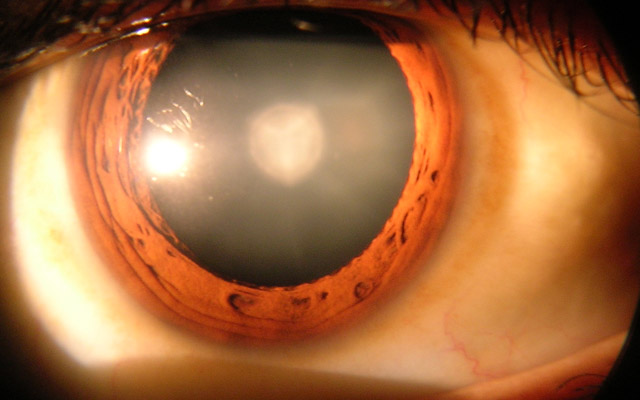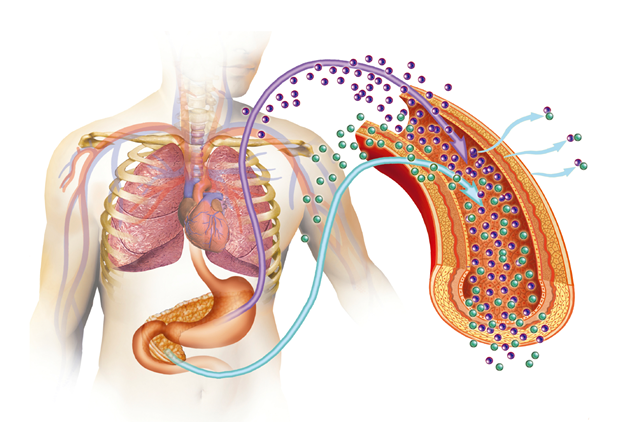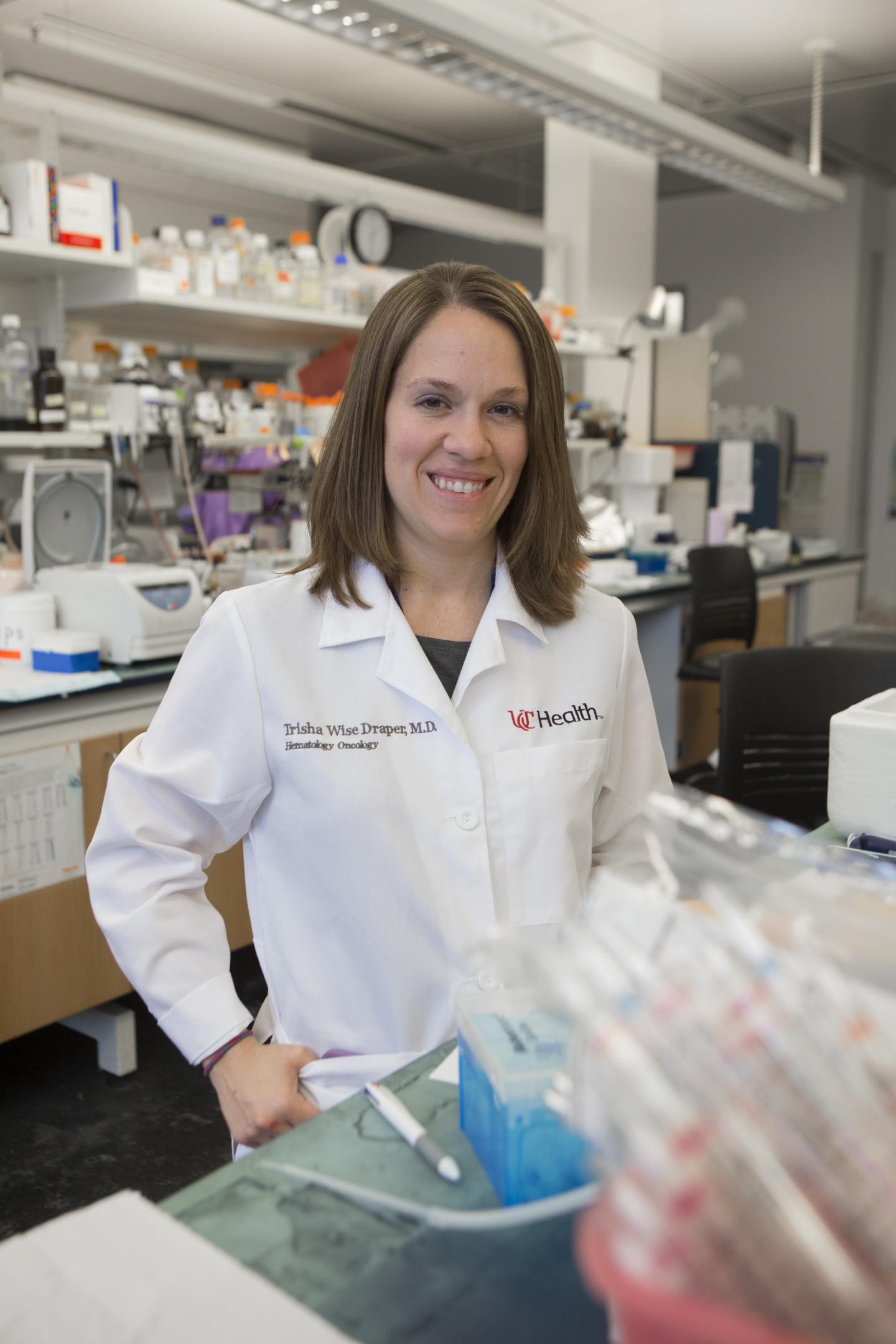New Enhancements to
EagleBio’s SDMA Assay that is for the quantitative determination of SDMA
(Symmetric Dimethylarginine) in serum or plasma.
Nashua, NH March 7, 2016: Eagle Biosciences today announced the launch
of a new generation SDMA
(Symmetric Dimethylarginine) ELISA . This assay was developed and is manufactured
by DLD Diagnostika GmbH (www.DLD-Diagnostika.de)
in Germany. DLD is a worldwide leader in niche tests for autoimmune and
cardiovascular diseases as well as renal dysfunction.
“The enhancements that have been made to the SDMA
ELISA will be truly beneficial to our customers. It now offers a shorter incubation time,
smaller sample volume, and can be used with additional species such as canine
and feline. The new SDMA
Fast ELISA is now very fast and precise, delivering results in less
than 3 hours.“ said Dan Keefe, President of Eagle Biosciences.
This SDMA ELISA from Eagle Biosciences is currently for research
use only. Check out the links below,
visit the Eagle website, www.EagleBio.com,
or call 866-411-8023 for full details.
Related Products:
Oxidative
Stress Assay Kits
Cardiovascular
Assay Kits
ADMA
ELISA Assay KitADMA
(Asymmetric Dimethylarginine) / Arginine ELISA Assay KItADMA Ultrasensitive
ELISA Assay KitHomoarginine ELISA
Assay Kit Cardiovascular
Assay Kits
Related News:
Product
Highlights: SDMA (Symmetric Dimethylarginine) ELISA
Product
Highlights: SDMA (Symmetric Dimethylarginine) ELISA
September
2015: Eagle Biosciences Introduces New Fast ADMA ELISA Assay
EagleBio
Biomarker Spotlight: ADMA
New
Listing of ADMA Assay Publications
August
4, 2011: Eagle Biosciences Introduces ADMA ELISA Product Line










